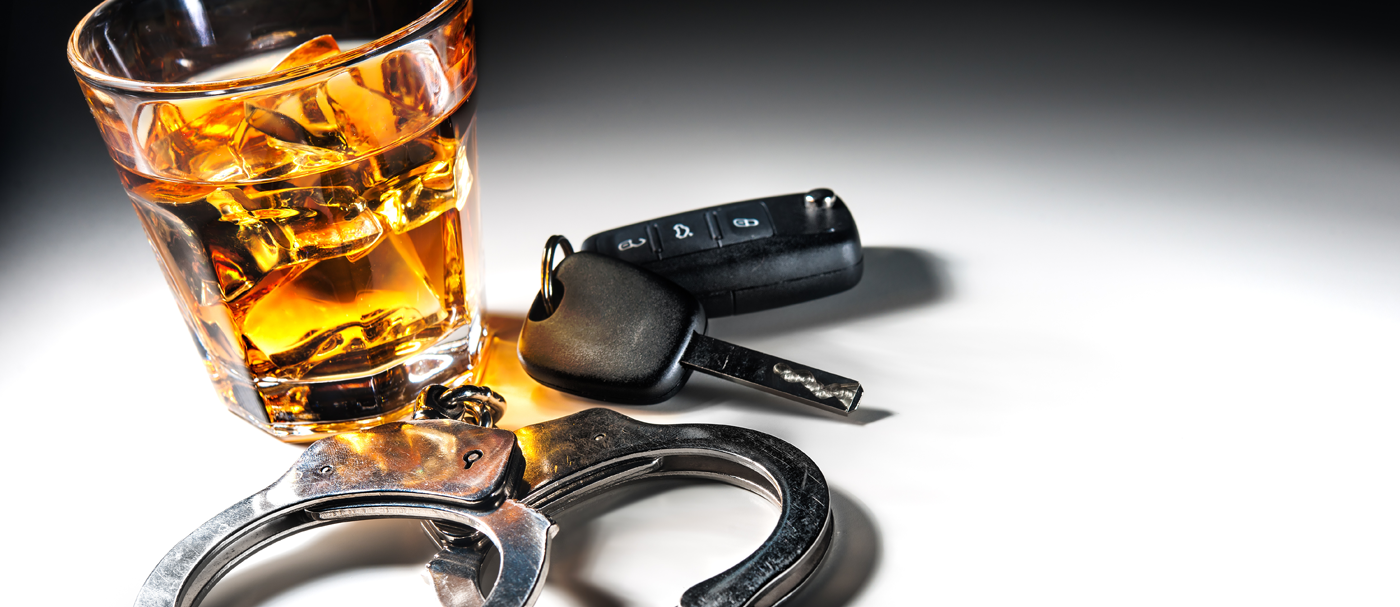DWI (Driving While Intoxicated) Misdemeanor and Felony

Generally speaking, there are more DWI cases tried in the State of Texas than any other type of case. Almost always, the plea bargain offered by the State of Texas is the same punishment you receive if you go to trial on your case. So, you almost always having nothing to lose by going to trial on a DWI.
Overview:
Having a firm of trial attorney’s that is willing and able to go to trial and get favorably results is so so vitally important.
DWI Law:
Texas Law states that a person is legally intoxicated and can be arrested and charged with Driving While Intoxicated (DWI) when they meet one of two definitions of intoxication:
- A blood or breath alcohol concentration level of .08 or more; OR
- Not having the normal use of mental or physical faculties by reason on introduction of alcohol, a controlled substance, a drug, a dangerous drug, a combination of two or more of those substances or any other substance into the body.
The punishments for a DWI is as follows:
- First Offense
- Class B Misdemeanor
- A fine of up to $2,000
- 3 days – 180 days in jail
- with an open container minimum jail term is 6 days
- Loss of driver license for up to 1 year
- Annual fee of $1,000 or $2,000 for three years to retain driver license
- Probation eligible
- Class B Misdemeanor
- Second Offense*
- A Class A Misdemeanor
- fine of up to $4,000
- 30 days – 1 year in jail
- Loss of driver license up to 2 years
- Annual fee of $1,000, $1,500 or $2,000 for three years to retain driver license
- Probation eligible
- First offense, but with a breath or blood test at or above a .15 BAC
- Interlock device required for ½ of the term of your probation
- A Class A Misdemeanor
- Third Offense*
- A Third-Degree Felony
- A $10,000 fine
- 2 to 10 years in prison
- Loss of driver license up to 2 years
- Annual fee of $1,000, $1,500, or $2,000 for three years to retain driver license
- Probation eligible
- A Third-Degree Felony
*If you have two or more DWI convictions within five (5) years of one another, you must install a special ignition switch that prevents your vehicle from being started or operated if you’ve been drinking.
DWI with a Child Passenger
- DWI with a child passenger younger than fifteen (15) years of age.
- A State Jail Felony
-
-
- A fine of up to $10,000
- 180 days – two years in a state jail felony facility
- Loss of your driver license for 180 days
-
TEXAS OCCUPATIONAL DRIVER’S LICENSE
If your driver’s license does get suspended pursuant to the ALR or conviction, then we can petition the court fort an occupational driver’s license that will allow you to continue to drive.
An occupational driver’s license is a restricted license issued to those who have had their regular license suspended or revoked. With an occupational driver’s license, you are able to operate non-commercial motor vehicles in connection with your job, school, or to perform essential household duties.
To obtain an occupational driver’s license, there are certain requirements that you must meet. These include:
- Certified copy of the petition and a certified copy of the court order granting the occupational license;
- An original pink SR-22 certificate of insurance. This is the only proof of insurance acceptable;
- An occupational license fee for a one-year license or less*;
- A statutory reinstatement fee for the Safety Responsibility suspension, if required*;
- A statutory reinstatement fee for the Driver Improvement suspension, if required*;
- A statutory reinstatement fee for the Administrative License Revocation (ALR), if required*;
*All required reinstatement fee(s) must be paid prior to the issuance of the occupational license.
DWI Education Program
Individuals who are first time DWI offenders and are put on probation will be required to attend a DWI education program administered by the Texas Department of State Health Services. The program lasts up to 12 hours and educates individuals on how drugs and alcohol relate to a person’s ability to drive, their own patterns of drinking, drug use, and driving, and how they can avoid engaging in similar conduct in the future.
The course must be completed within 180 days of being placed on probation, or an offender’s license will be revoked and they will be in violation of probation.
